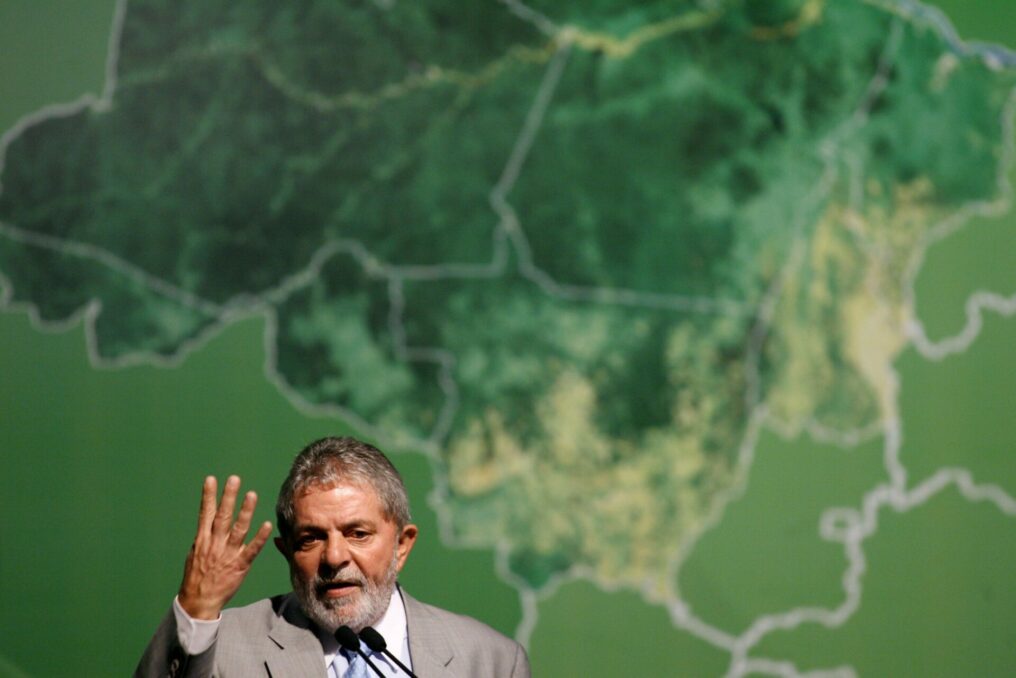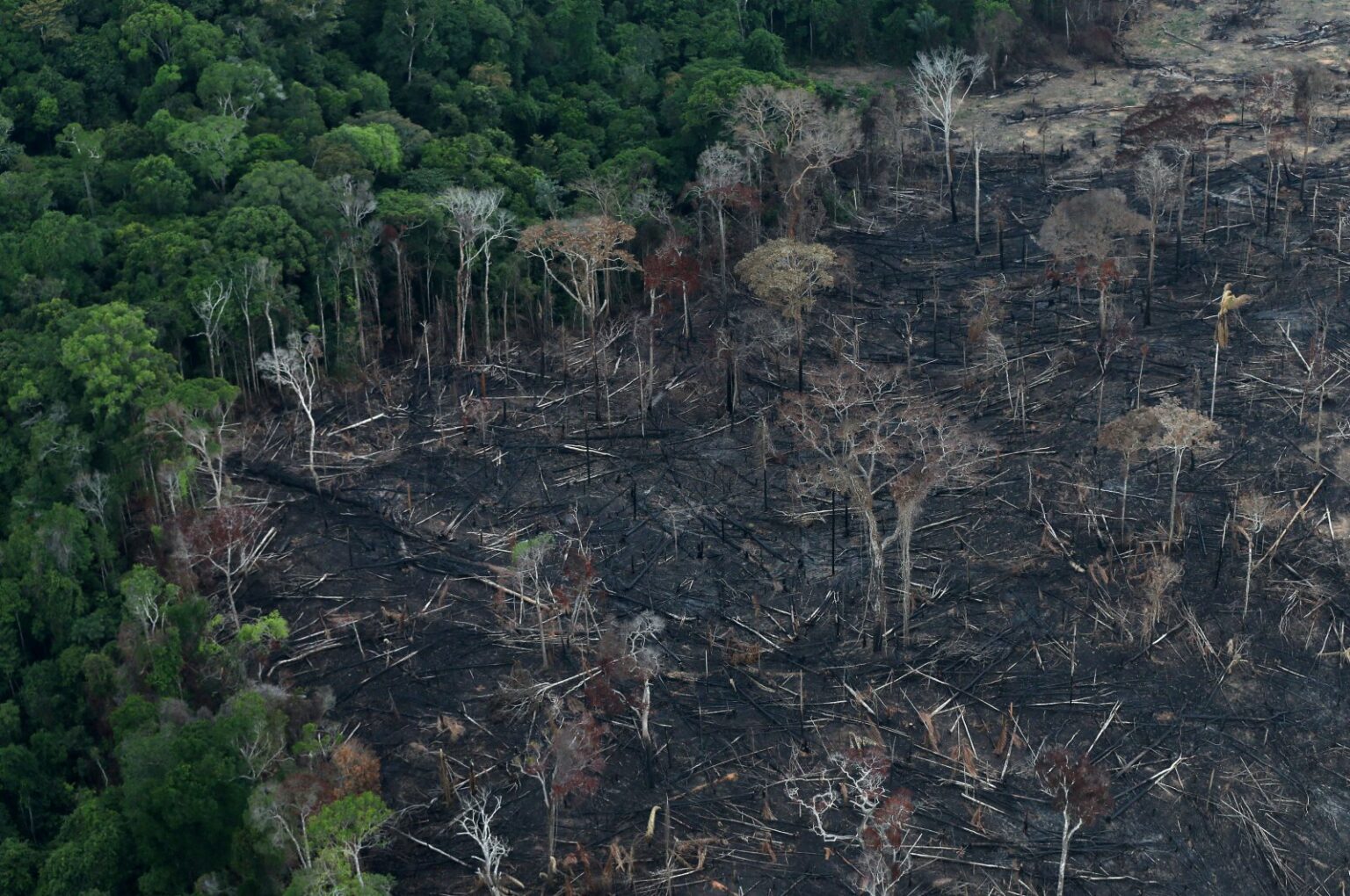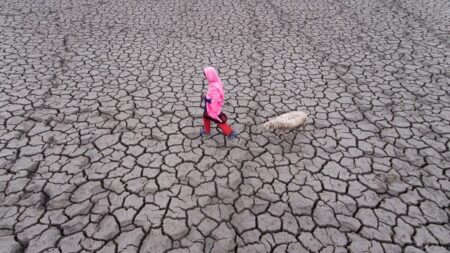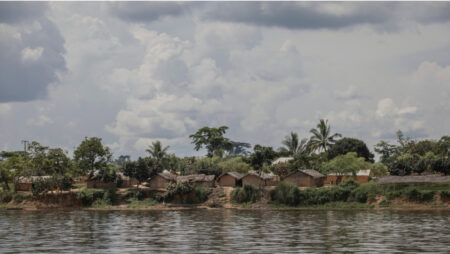Deforestation in Brazil’s Amazon, also called the planet’s lungs, has witnessed a crucial decline of 33.3% since President Luiz Inacio Lula da Silva came to power six months ago. According to the data released by the National Institute for Space Research (Inpe), this positive trend marks a reverse point compared to the alarming rise in deforestation observed under President Jair Bolsonaro’s administration. The trend however also portrays the long term challenges that still persist in the fight for climate change.
Decreased Deforestation Rates:
Satellite data shared by the government highlights that deforestation alerts covering an area of 2650 sq. km (1023 sq. miles) were recorded between January to June as opposed to 4000 sq. km during the same time span last year. The decline in deforestation is particularly pronounced in the month of June, with a record breaking 41% drop, especially during the dry season when forest clearing activities usually intensify. João Paulo Capobianco, the Environment Ministry’s executive secretary, acknowledged the positive results, stating, “We reversed the curve;” but “deforestation isn’t increasing.”
Government Efforts and Challenges:
Environmental law enforcement has been at the forefront of President Lula’s administration. Deployment of satellite’s for imagery to conduct surveillance on deforestation and further cross referencing it with land records has been put to use by the Environment Ministry along with Brazil’s federal agency called Ibama. This mixed approach allows authorities to identify the land owners and thus penalise offenders and impose embargoes. This includes cessation of thousands of cattles grazing in the embargo areas by Ibama. However, the shortage of personnel poses a challenge, with the number of enforcement agents at its lowest in 24 years, highlighting the need for workforce restoration.
Fires and Environmental Concerns:
While deforestation rates have decreased, the incidence of fires has increased. In June alone, satellite monitoring detected 3,075 fires in the Amazon, the highest number since 2007. These fires are primarily man-made and often occur as a result of clearing previously deforested areas. With the looming El Niño phenomenon, which brings drier conditions to the region, the government has allocated additional resources to combat forest fires. Ibama has doubled its budget for firefighting and increased the size of its fire squads. Notably, approximately half of the temporary firefighters are Indigenous peoples, emphasizing their crucial role in protecting the Amazon.
Lula’s Conservation Agenda:
President Lula, who took office in January, has made significant commitments to combat deforestation. He has declared a goal to end net deforestation in Brazil’s Amazon by 2030 and has emphasized the importance of cooperation among Amazonian nations. In an upcoming meeting in Belem, Lula plans to convene heads-of-state from Amazonian countries to discuss effective collaboration in the region. Lula’s administration has also prioritized the establishment of indigenous reserves and the prohibition of mining and commercial farming within these areas.

Looking Ahead
The decline in deforestation rates during President Lula’s term is an encouraging step towards conservation in Brazil’s Amazon rainforest. The government’s focus on environmental law enforcement, remote surveillance, and seizure of illegally raised cattle demonstrates their commitment to curbing deforestation. However, challenges remain, including the need to restore personnel levels at Ibama and address the increasing incidence of forest fires.
President Lula’s ambitious goal to end net deforestation by 2030, along with efforts to promote sustainable productive chains and engage local communities, holds promise for long-term conservation in the Amazon. The international community’s support, both financially and through cooperation, will be crucial in preserving this vital ecosystem and mitigating the impacts of climate change. President Lula’s call to international powers maybe seen as an opportunity for BRICS to formalize on issues pertaining to global environmental security and chart a new path for the organization.













